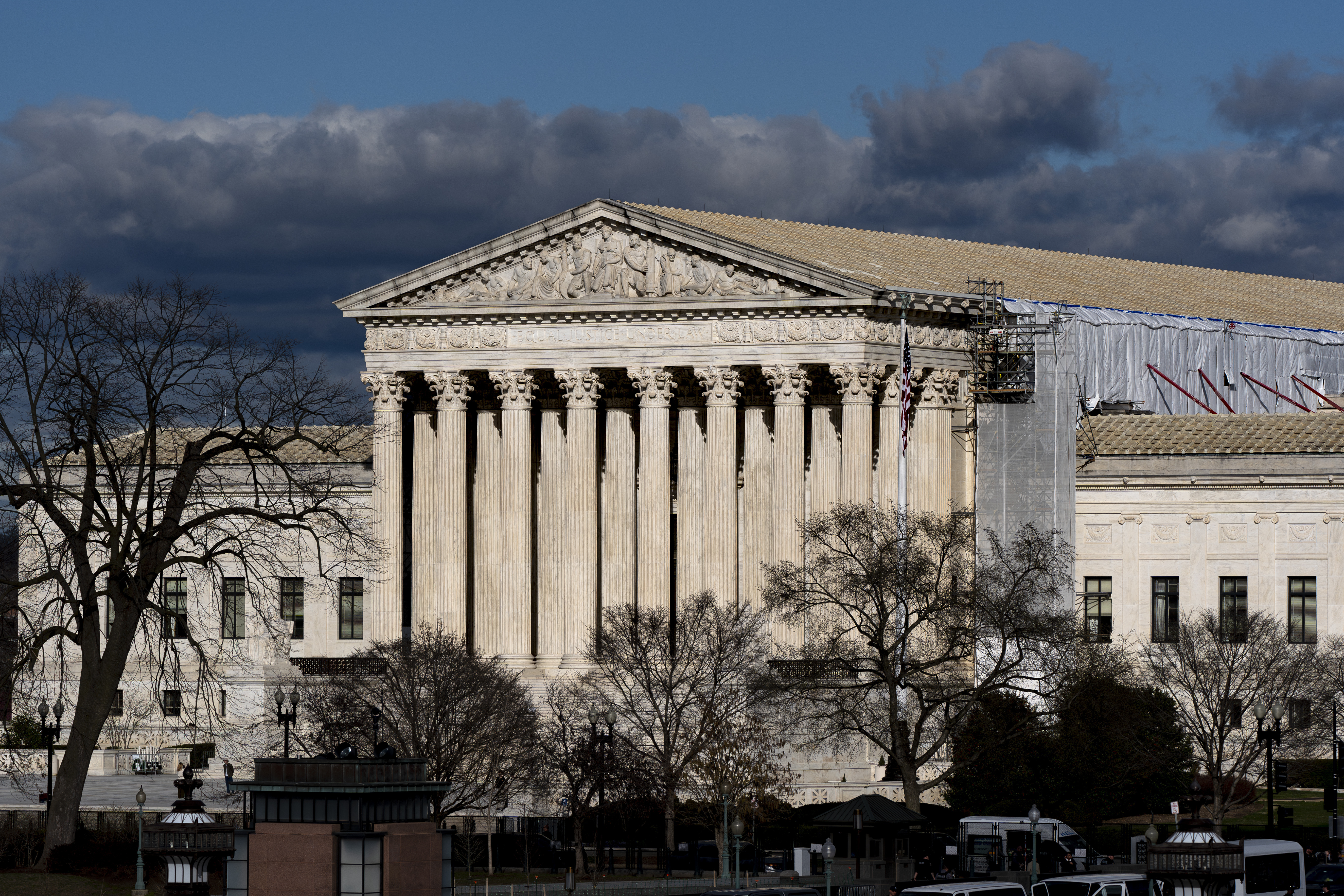The Republican-controlled House passed a tea party-flavored budget plan Thursday that promises sharp cuts in safety-net programs for the poor and a clampdown on domestic agencies, in sharp contrast to less austere plans favored by President Barack Obama and his Democratic allies.
The measure, similar to previous plans offered by Budget Committee Chairman Paul Ryan, R-Wis., demonstrates that it's possible, at least mathematically, to balance the budget within a decade without raising taxes.
But its deep cuts to programs for the poor like Medicaid and food stamps and its promise to abolish so-called "Obamacare" are nonstarters with the president, who won re-election while campaigning against Ryan's prior budgets. It passed on a mostly party-line 221-207 vote.
For more politics coverage, click on NBCNews.com
The House measure advanced as the Democratic Senate debated its first budget since the 2009 plan that helped Obama pass his health care law.
The dueling House and Senate budget plans are anchored on opposite ends of the ideological spectrum in Washington, appealing to core partisans in the warring parties that are gridlocked over persistent budget deficits. Obama is exploring the chances of forging a middle path that blends new taxes and modest curbs to government benefit programs.
The sharp contrast over the 2014 budget and beyond came as the House cleared away last year's unfinished budget business — a sweeping, government-wide funding bill to keep Cabinet agencies running through the 2013 budget year, which ends Sept. 30.
U.S. & World
The day's top national and international news.
The House passed the bipartisan 2013 measure by a sweeping 318-109 vote. The Senate had approved the measure on Wednesday after easing cuts that threatened intermittent closures of meat packing plants starting this summer and reviving college tuition grants for active-duty members of the military. The cuts were mandated by automatic spending cuts that took effect at the beginning of the month.
Looking to the future, Democrats and Republicans staked out divergent positions over what to do about spiraling federal health care costs and whether to raise taxes to rein in still-steep government deficits.
The long-term GOP budget plan authored by Ryan, the party's failed vice presidential nominee, offers slashing cuts to domestic agencies, the Medicaid health care plan for the poor and "Obamacare" subsidies while exempting the Pentagon and Social Security beneficiaries. The measure proposes shifting programs like Medicaid to the states but is sometimes scant on details about the very cuts it promises.
The Ryan measure revives a controversial plan to turn the Medicare programs for the elderly into a voucher-like system — for future beneficiaries born in 1959 or later — a program in which the government would subsidize the purchase of health insurance instead of directly paying hospital and doctor bills. Critics say the idea would mean ever-spiraling out-of-pocket costs for care, but Ryan insists the plan would inject competition into a broken system.
The cuts to domestic agencies like the FBI, Border Patrol and National Institutes of Health could approach 20 percent when compared with levels agreed to as part of a hard-fought budget deal from the summer of 2011. That could run the already troubled appropriations process — it features 12 spending bills that are supposed to be passed by Congress each year — into the ground.
Fresh from passing the 2013 wrap-up measure, the Senate was turning to a plan by new Budget Committee Chairman Patty Murray, D-Wash., that would add nearly $1 trillion in new taxes over the coming decade in an attempt to stabilize the $16 trillion-plus national debt. But Murray's plan would actually increase government spending after the $1.2 trillion cost of repealing the automatic cuts, called a sequester in Washington-speak. That means the net cuts to the deficit would amount to just a few hundred billion dollars in a federal budget estimated at $46 trillion or so over the coming decade.
"We need to tackle our deficit and debt fairly and responsibly," Murray said. "We need to keep the promises we've made as a nation to our seniors, our families and our communities."
At issue is the arcane process by which Congress approves a budget. It involves special legislation, called a budget resolution, that sets nonbinding targets for taxes and spending but relies on follow-up legislation to go into effect.



